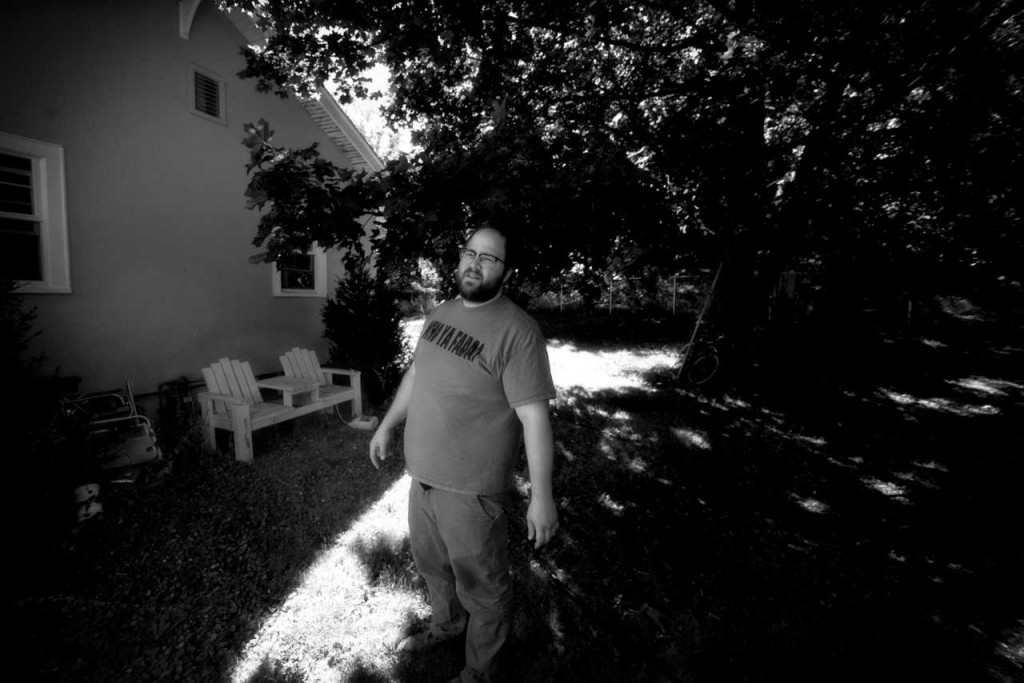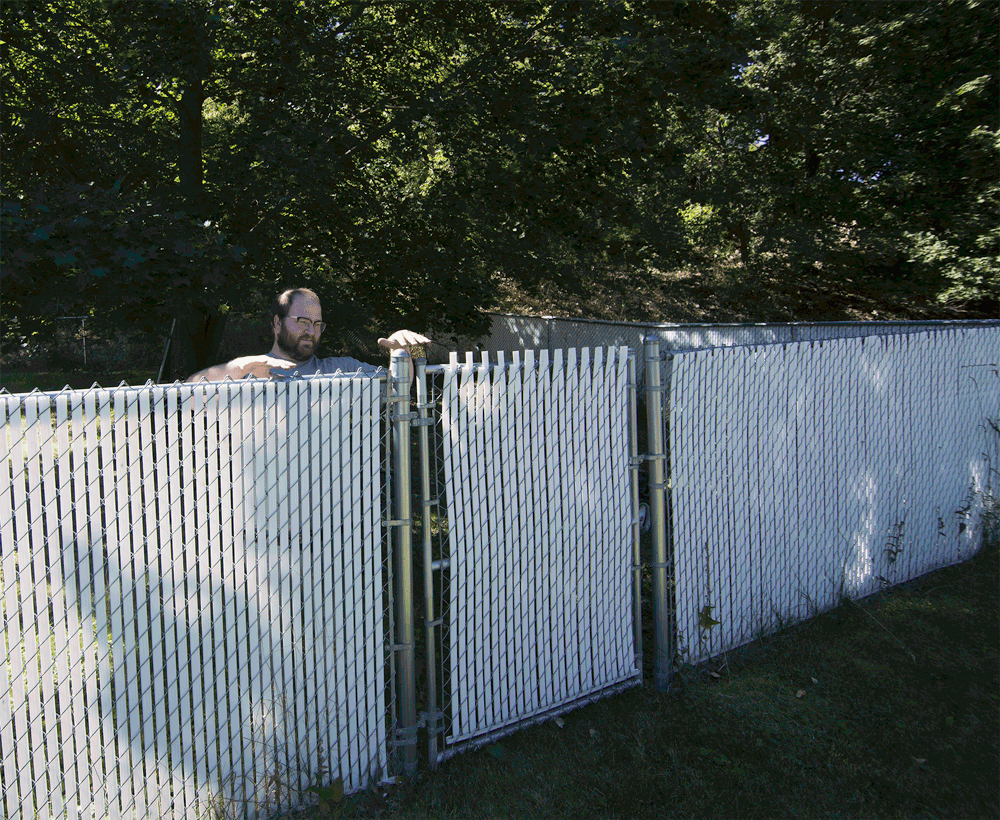Well, they do figure in my life. And yours. Last night we discovered an enjoyable and unexpected Indian drama on Netflix entitled, “Parched”, touching on just about every “women’s” topic or issue in the book. Then tonight we came upon a BBC series called “The Ascent of Woman“, a fascinating must-see. The trailer:
Category: Uncategorized
Dakota Sioux Today and the Pipeline
In something of a follow-up to my earlier post on 1974 Dakota travels and brushes with Sioux Indian culture, brother Dennis directs my attention to this under-reported development regarding the Dakota Access Pipeline and Tribal reactions.
rDay Five-Hundred-Twenty-Eight: Visiting Lucas
First Thing I Saw This Morning …
… so I might as well share it, having a wife and daughter myself. I quote from Annalisa Merelli of Quartz:
Centuries of patriarchal history were captured in this week’s pictures of policemen on the beach in Nice, France, forcing a woman to take off her shirt and headscarf to comply with the so-called “burkini ban.”
Across countries and cultures, women have been seen as offensive for showing their ankles, necks, faces, hair, arms, legs—or, in turn, for failing to do so. Shaving is immoral. Not shaving is dirty. Wearing make-up is immodest. Not wearing it is sloppy. High heels are provocative. Flat shoes are unprofessional.
In the 1920s, US law required women to wear a full bathing suit—and a record-breaking swimmer was arrested for showing her knees on the beach. A century later, a full bathing suit got a Muslim woman in Cannes fined; the ticket she was given literally said her outfit was not respectful of “bonnes moeurs,” good morals.
Men, or societies, that force women to undress are no better than or different from those that force them to cover up. What freedom or progress is there in armed men demanding that a woman take off her clothes? This wasn’t about protecting France’s secularism; it was about a man’s right to police a woman’s body—still.
Naturally, there was Islamophobia at the core of this, too. Nuns, Orthodox Jewish women, and surfers were not fined. But before a court overturned the ban, its apologists resorted to absurdities to justify it: Nice’s deputy mayor Rudy Salles told the BBC that even Catholic nuns shouldn’t be allowed to wear their habits on the beach.
The message is clear: no woman’s right is sacred enough to get in the way. Even as women might be just about to run the world, their bodies are still the easiest battlefield, their freedom still the first casualty.—Annalisa Merelli
rDay Five-Hundred-Nineteen
Existential Developments
A few days ago, I mentioned reading “At The Existentialist Cafe“. Finished it and now Kim is devouring this wonderful book. Two items of note:
1. Author Sarah Bakewell frequently refers to books and films with relevant influences and connections. One she mentioned was the 1949 film “Rendezvous in July” (“Rendez-vous de juillet”) in which French youth, driven by American culture and trends, adopt lumberjack-inspired fashion (a forerunner of today’s metrosexuals?). Here is a clip from that film:
2. Herman followed up with his previous mention of having seen Sartre’s and Beauvoir’s gravesites in Paris (about ten years ago?) by sending along photos he made of a postcard that appeared in the grass alongside, apparently from an admirer who had jotted down some sentiments upon a visit to Montparnasse Cemetery.
I am encouraging Herman to send his photos to Bakewell, so we shall see what happens.
Fractured Lands
The New York Times Magazine devotes an entire issue to “Fractured Lands: How the Arab World Came Apart”. Includes some stunning Paolo Pellegrin photograghs in addition to the in-depth essays and reporting.
Earth Overshoot Day
How to Throw Your Vote Away
 Here’s a medium.com piece that should debunk a myth …
Here’s a medium.com piece that should debunk a myth …
Crows Do It
 There are so darn many of the creatures around here. That’s why they occasionally show up in my walkabout photographs. Seems that they — at least some species — are tool-makers, according to this BBC report today.
There are so darn many of the creatures around here. That’s why they occasionally show up in my walkabout photographs. Seems that they — at least some species — are tool-makers, according to this BBC report today.





